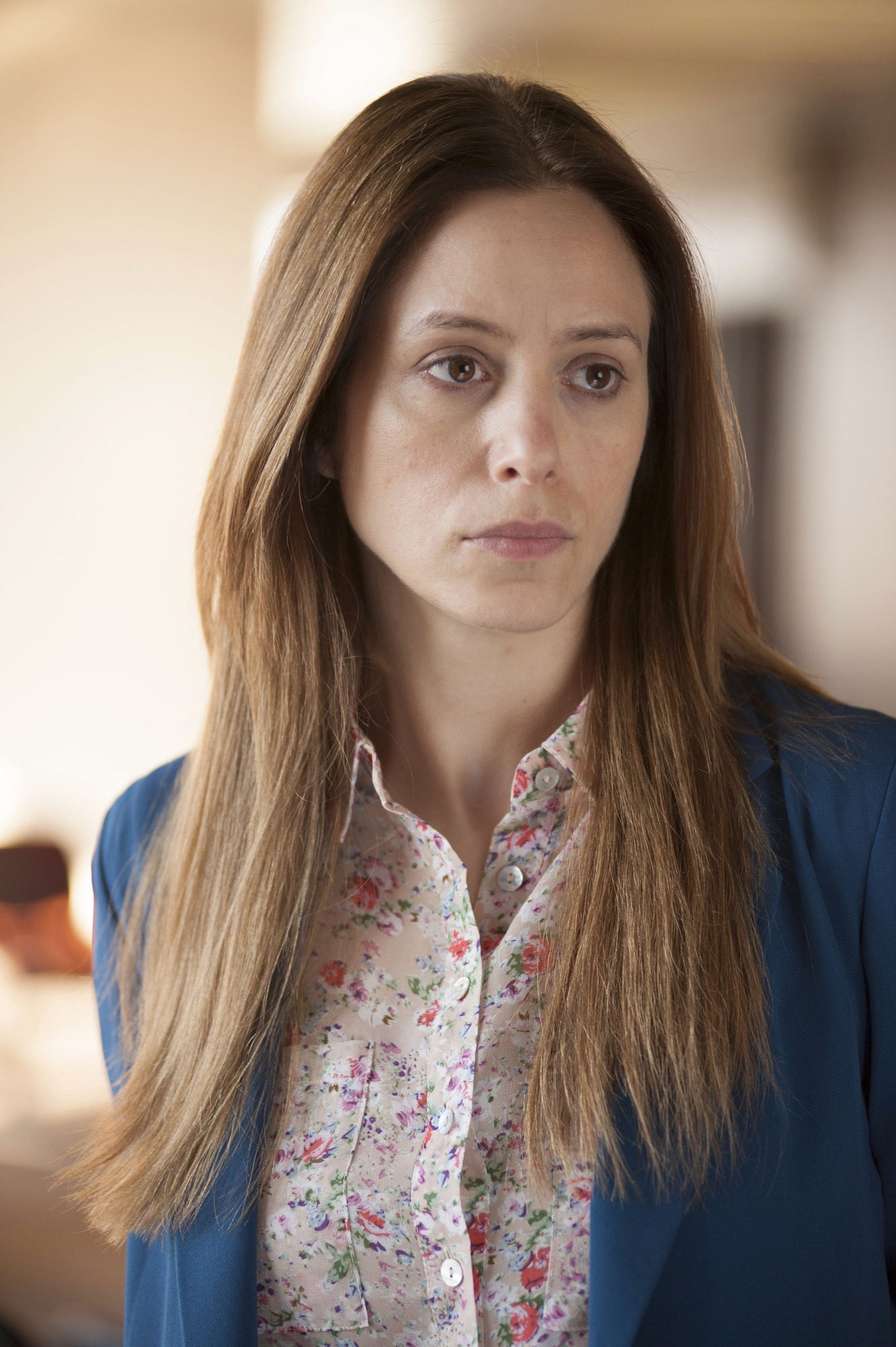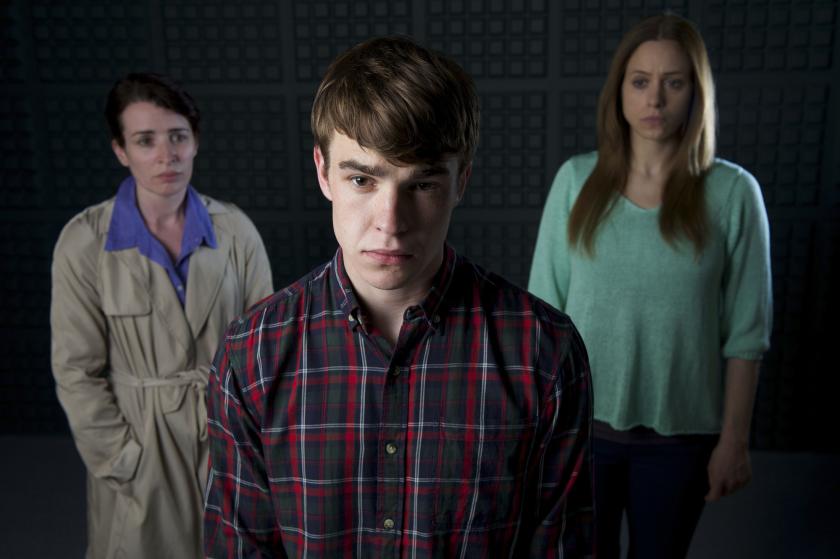Common, Jimmy McGovern’s new BBC One drama about the effects of the joint enterprise law, seems at first sight to lack the topical horsepower of projects like Hillsborough. McGovern doesn’t disappoint, however, crafting from the apparent obscurity of an eighteenth-century statute intended to discourage aristocratic duels by implicating both parties a riveting, corkscrew-plotted narrative that brings to overdue public notice an easily abused and abusive regulation that today targets the opposite end of society.
The didactic drive can, in lesser hands, flatten subtlety and exaggerate the obvious, but for the most part, McGovern’s script extracted rich and knotty human interest from the scenario, while simultaneously illustrating the badness of this law. The opening was perhaps the weakest sequence, as Johnjo’s innocence (he thinks they’re really going for a pizza) was laid on very thick. Once the crucial events were established, viewers were trusted to work things out for themselves, and we followed whirling spools of motivation and character at a giddy, riveting pace.
 The two mothers, played by Jodhi May (pictured right) and Susan Lynch, eventually emerged the strongest characters, drawn together by the loss of their sons. Both were strong performances, though McGovern deserves the lion’s share of the credit for the skill with which suspicion turned to sympathy in their relationship. Men, throughout, were a let-down, and not just the idiots who contrived to kill an innocent bystander when they only meant to settle a petty local score. Daniel Mays played the victim’s cowardly father with yellow-eyed panache; Johnjo’s father meant well in his rubber-spined way, but tended to keep his head down when it should have been up.
The two mothers, played by Jodhi May (pictured right) and Susan Lynch, eventually emerged the strongest characters, drawn together by the loss of their sons. Both were strong performances, though McGovern deserves the lion’s share of the credit for the skill with which suspicion turned to sympathy in their relationship. Men, throughout, were a let-down, and not just the idiots who contrived to kill an innocent bystander when they only meant to settle a petty local score. Daniel Mays played the victim’s cowardly father with yellow-eyed panache; Johnjo’s father meant well in his rubber-spined way, but tended to keep his head down when it should have been up.
Robert Pugh's DI Hastings was in some ways the most interesting character. He appeared at first to be a gristly hunk of integrity, but couldn’t help taking advantage of both Johnjo’s naivety, and joint enterprise, when it gave him the chance to “get scumbags off the streets”, the whites of his eyes expanding in covetous glee when he realised quite how much scum he could clear up in one go. Even Michael Gambon’s judge, who couldn’t, legally, do any more than he did to mitigate the effects of joint enterprise, ended up seeming like another cog in a wonky machine. It was the women in Common who stood up to fight, while the men hid in the long grass of protocol.
Perhaps the most surprising quality of Common, however, was David Blair’s direction and the grittily beautiful cinematography. Whether it’s the superlative visuals of recent US television dramas, or merely the requirement to look good on the half-acre of plasma we all have pinned to the wall, stark depictions of the kitchen sink are no longer enough. There were whole sequences of claustrophobic close-ups of people trapped, in cars, cells and coffins, behind the deceptively flickering glass screens that kept them in or others out. Whiteness, too, was used beautifully. The bright white corridor leading to Thomas Ward’s corpse, and the brilliance of his shroud and coffin, were devastatingly real, and symbolic.
The closing credits were accompanied by a series of statements from the families of people affected by joint enterprise. Since there’s an accompanying documentary to investigate the facts, this took us out of the fictional space with unnecessary suddenness. But what a fictional space it was.















Add comment